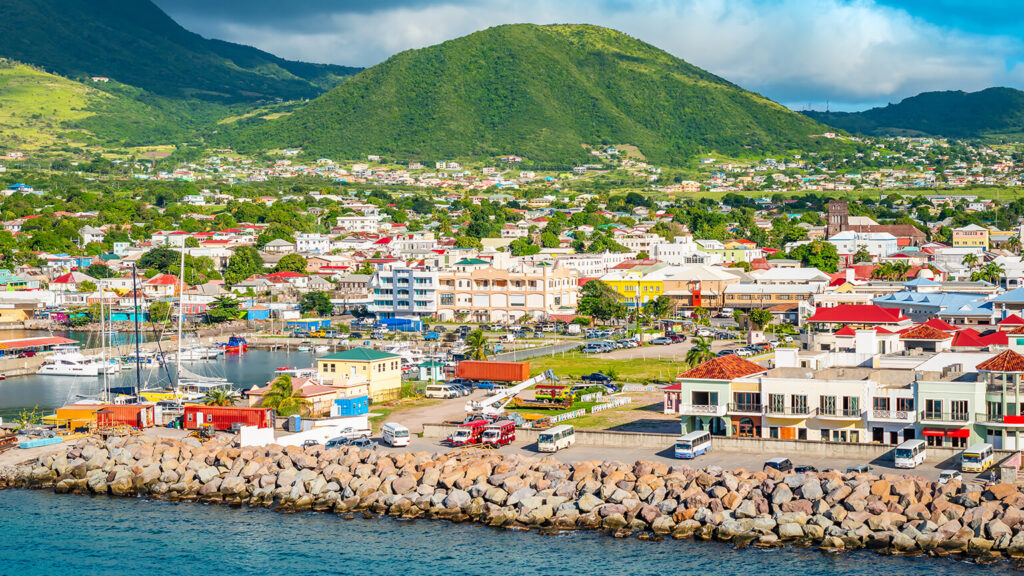LGBTQ+ History Made in St. Kitts and Nevis
In the second case of historic precedent, the Eastern Caribbean Supreme Court in the Federation of Saint Christopher and Nevis (St. Kitts and Nevis) has affirmed the constitutional rights of LGBTQ+ citizens by striking down the country’s buggery law. The Eastern Caribbean Alliance for Diversity and Equality (ECADE) and the Saint Kitts Nevis Alliance for Equality (SKNAFE) welcome this repeal of anti-LGBTQ laws in St. Kitts and Nevis.
In declaring void sections 56 and 57 of the Offenses Against the Person Act, the High Court of Justice in St. Kitts and Nevis affirmed that the laws that criminalize consensual, private sexual acts between adults are unconstitutional. The Honorable Justice Trevor M. Ward ruled that held the buggery laws conflict with the constitutionally guaranteed rights to freedom of expression and protection of personal privacy.
The historic ruling comes after similar buggery laws in Antigua and Barbuda were voided to the extent that they apply to persons above the age of consent who engage consensually and in private in the sexual acts described. However, the buggery offenses are enforced in circumstances where the sexual acts are not consensual or involve minors.
Executive Director of ECADE, Kenita Placide says of the ruling, “Our strategy has been multilayered; working with activists on the ground, our colleagues, friends, allies, and family,” said Kenita Placide, executive director of ECADE. “This win is part of the transformative journey to full recognition of LGBTQ persons across the OECS (Organization of Easter Caribbean States). It is a definitive yes to change, yes to privacy, yes to freedom of expression, and we are happy to be part of this historic moment.”
Executive Director of SNAFE Tynetta McKoy adds: “This decision strongly establishes that a person’s sexuality should never be the basis for any discrimination. We welcome the recognition of this fact, one for which we have long advocated.”
Discriminatory sexual offense laws and criminal codes in the islands date back to the British colonial era and unfairly target LGBTQ+ people. Although custodial sentences are rarely imposed, those convicted under these laws can face imprisonment for up to ten years. Decisions on other constitutional challenges in Barbados and Saint Lucia are expected to be made before the end of the year.



